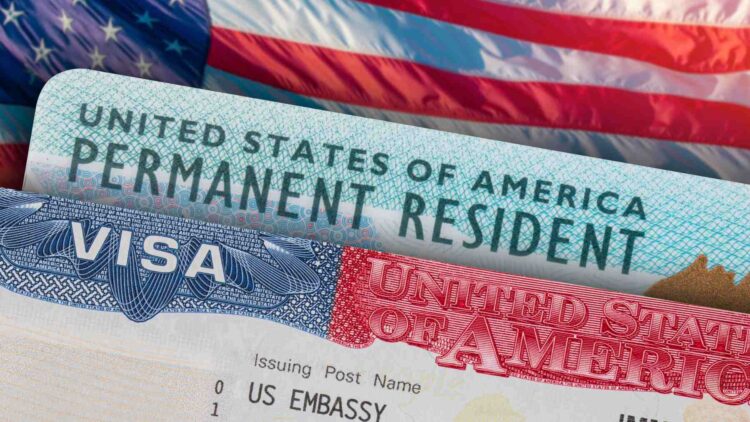Legal immigration is a complex topic, and while in the US most Green Card holders have had their journey made easier because of their status, some of them have not had that privilege and no, under the current administration they are suffering even worse consequences. This is after the U.S. Department of Justice (DOJ) recently told the Third Circuit Court of Appeals that Attorney General Pam Bondi can step in and revoke someone’s legal permanent resident status.
While this has always been a fact, especially if the person violated the terms of their residency or commits a crime, now the reasons do not have to be as airtight and the length of the stay in the country does not matter while it previously did play a role.
Revoking a Green Card for any reason, including taxes
While there are many reasons that theoretically could get your Green Card revoked, the new unofficial policy is not a theoretical framework and it seems to already be affecting individuals that have lived in the country legally for decades. The issue came to light when Mohammad Qatanani, a Palestinian imam who’s lived in New Jersey since 1996 made an attempt to get permanent residency.
Qatanani leads led one of the biggest mosques in the state and seems to be a fixture in his community, but when in 2006, his application was denied after 10 years living in the country, the questions started. At the time, the government pointed to his 1993 detention in Israel and alleged connections to Hamas, but Qatanani has firmly denied these accusations, saying he was detained and mistreated, but not involved with Hamas. Skeptics believe that if the government truly though that he had been involved with a terrorist group he would not have been allowed into the country and that this was just a ploy to deny a Palestinian a more permanent status.
But that was the moment his quest began in earnest, two immigration judges actually sided with Qatanani, the latest time being in 2020 and twice the Board of Immigration Appeals decided to overturn those rulings and strip him of his Green Card. Qatanani did not back down and he appealed again escalating the situation even further and causing the DOJ to get involved.
During the hearing, the DOJ argued that the judges’ earlier decision should not count as final, as they claimed certain administrative steps had not been completed to their satisfaction, like updating biometrics or officially assigning a visa number. That opened the door for the government to argue that the adjustment of status had not really gone through, and thus, could be rolled back. This is obviously bureaucratic speech for “we just do not want you to have it despite what the law and the judges state” and is what is becoming even more concerning.
In fact, the implications of this are so serious that many immigration attorneys and legal experts are raising red flags. A ruling in favor of the government could mean Green Card holders could be at risk and that a status adjustment could be undone long after it had been approved for any reason that the DOJ was able to manufacture or simply declare.
Experts are also emphasizing that taking away a Green Card is not supposed to be an easy or casual process, as the Immigration and Nationality Act outlines a specific process for this kind of thing, including a formal Notice of Intent to Rescind and a hearing during which the government must provide “convincing, real, and clear evidence” to justify revocation, none of which happened in Qatanani’s case.
This is why his case is not just about him, if the court decides the government is right Green Card holders living in Pennsylvania, New Jersey, and Delaware, the areas under the Third Circuit’s jurisdiction would be impacted first and then a national precedent could be set. If the Supreme Court eventually backs it, every Green Card holder in the country could be impacted creating a new system that is devoid of protections.

